This volume presents material drawn from the classical Hindu texts, as well as other sources, to familiarize readers with the outlines of classical Hindu thought. It provides a bunch of readings organized around certain set concepts, quarried from Hindu religious texts of the past. It discusses material from classical Hindu texts relating to the themes of the divine realm such a brahman, devi, ishvara, trimurti, and so on, as well as of the mundane realm, such as jiva, samsara, karma, dharma, and so on. It also covers the concepts which link the two realms, such as those of maya, and the overcoming of it through yoga, to attain moksha. Some selections also throw light on what classical Hinduism has to say about the human being as a social being, through such concepts as varna, ashrama, and the purusharthas.
The volume would be of interest to all students and scholars of Hinduism, and particularly those interested in exploring Hindu philosophy and theology.
ABOUT THE AUTHOR Arvind Sharma
ARVIND SHARMA was born in Varanasi, India. He earned a B.A. in History, Economics, and Sanskrit from Allahabad University in 1958 and continued his interests in economics at Syracuse University, earning an M.A. in 1970. Pursuing a lifelong interest in comparative religion, Dr. Sharma gained an M.T.S. in 1974 and then a Ph.D. in Sanskrit and Indian Studies from Harvard University in 1978. He succeeded to the Birks Chair of Comparative Religion at McGill University in Montreal, Canada and was the first Infinity Foundation Visiting Professor of Indic Studies at Harvard University. He has published over fifty books and five hundred articles in the fields of comparative religion, Hinduism, Indian philosophy and ethics, and the role of women in religion. Widely cited as an authority on Hinduism, amongst his most note-worthy publications are The Hindu Gita: Ancient and Classical Interpretations of the Bhagavadgita (1986), The Experien-tial Dimension of Advaita Vedanta (1993), Our Religions: The Seven World Religions Introduced by Pre-eminent Scholars from Each Tradition (1994), The Philosophy of Religion: A Buddhist Perspective (1995), Classical Hindu Thought: An Introduction (2000), and The Study of Hinduism (2003).

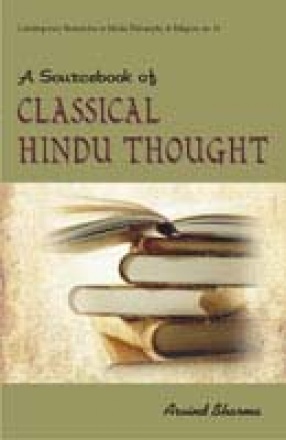
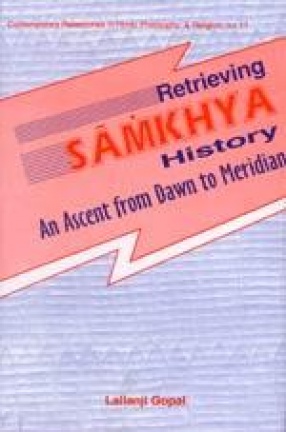
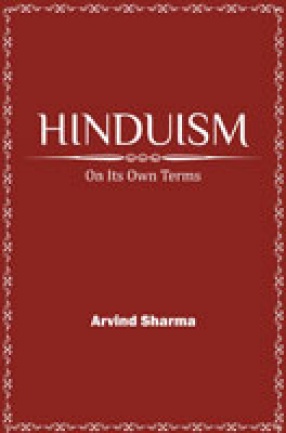

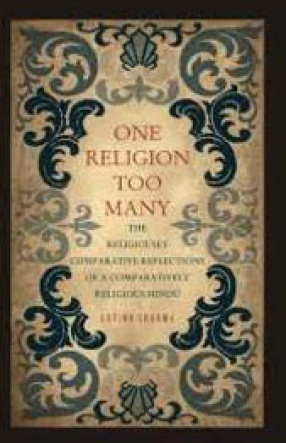
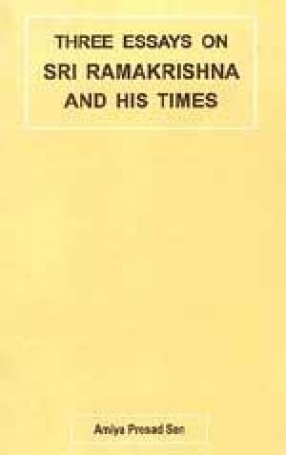
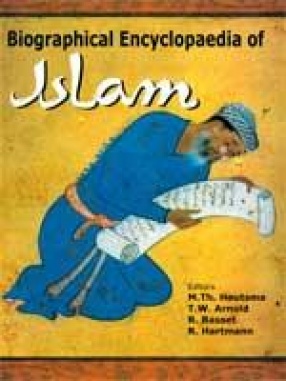
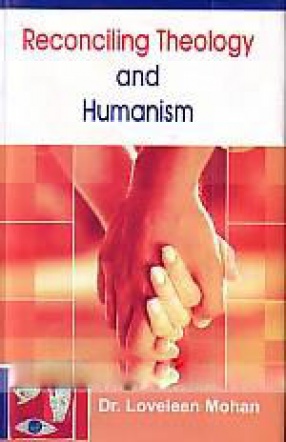
There are no reviews yet.